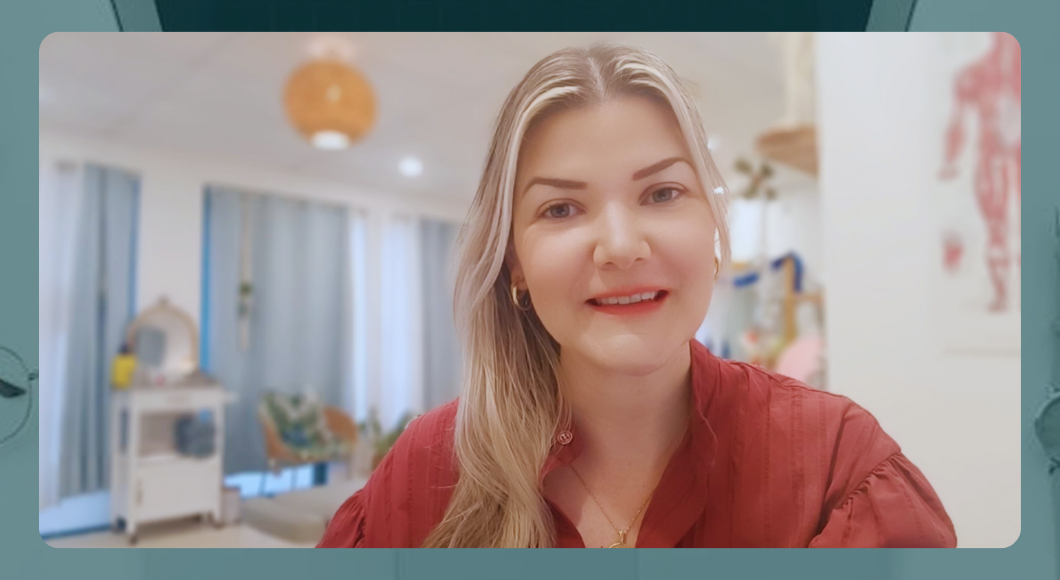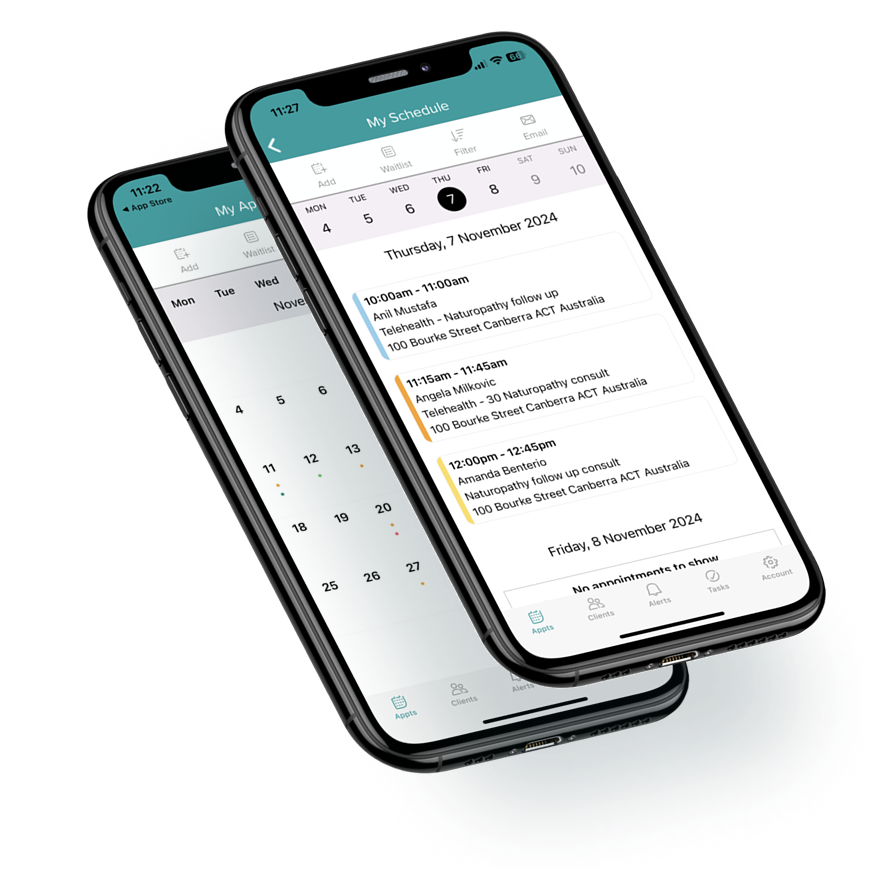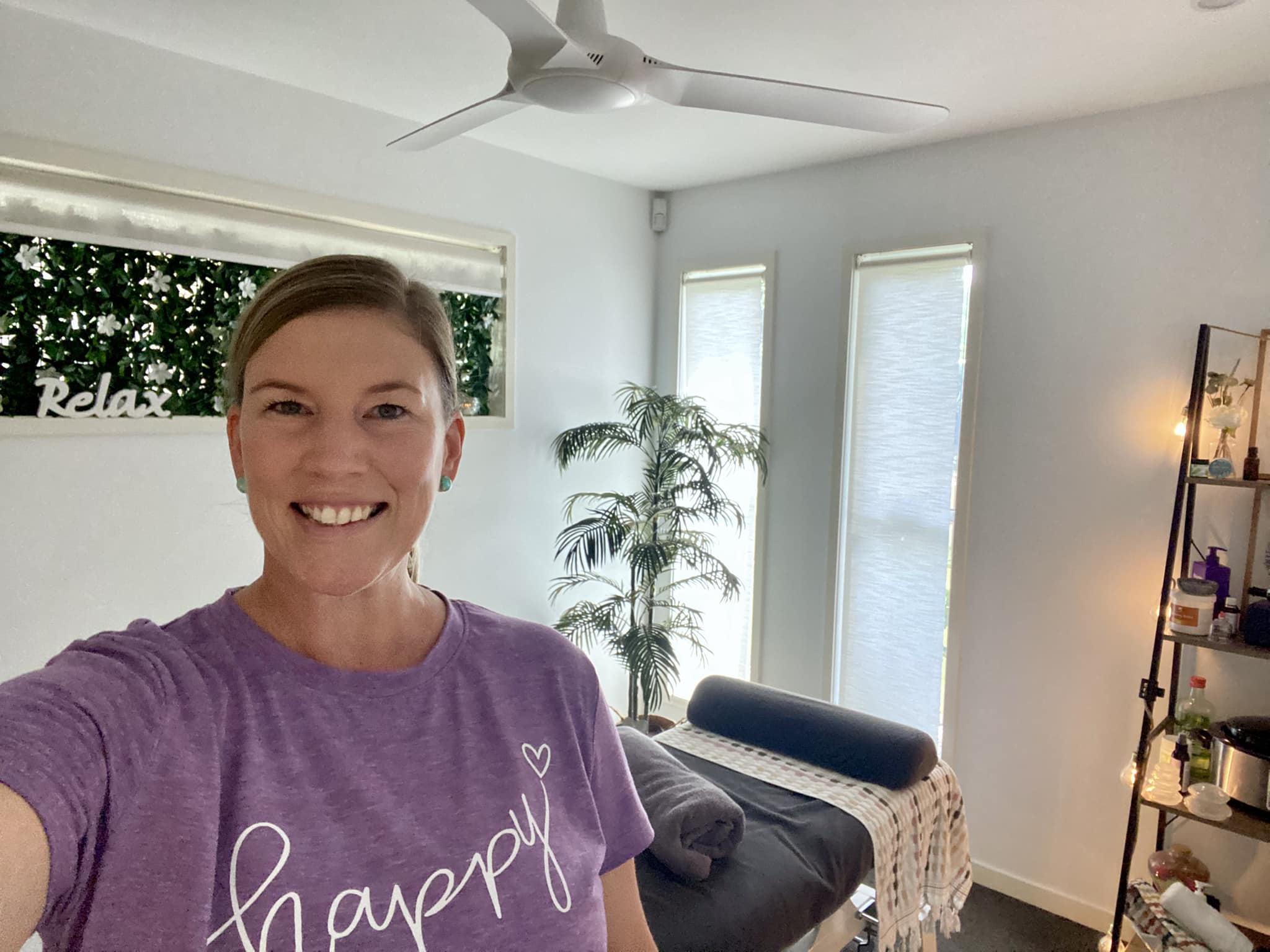Save 10+ hours a week and supercharge your practice growth — plans starting at $0/month!
14-day FREE trial. No credit card required.
Start your free trial

Less admin, more impact
You became a practitioner to help people, not to drown in admin work or spend your days as a marketer, secretary, tech whiz, and bookkeeper all rolled into one.
While you’ve probably considered different solutions to lighten the load, most are either too complicated, too expensive or just don’t do enough to solve your challenges.
That's where we come in. We're not just practice management software; we help you scale with ease. Our automations save you time and money, improve client retention, attract new clients, and support your growth so you can focus on what matters most: helping people.
Why us?
Great question! Here’s why we’re the perfect fit for you.Most intuitive platform
Our users call us the most user-friendly platform in Australia—no tech skills required; just dive in and enjoy our pre-configured settings for a fast and easy start!
We know business
Having run a successful multi-practitioner clinic, we understand what it takes to thrive. That’s why we offer not just systems, but also the education you need to grow your practice!
Smart automation
We streamline tasks you might not even think of! From client retention to communication, our ready-to-use templates and messaging simplify your workflow.
Epic support
Our team is highly responsive via email and live chat. We’re always happy to answer questions or help you transition from your existing system.
We listen
Our platform has evolved through user feedback. Designed by practitioners for practitioners, we focus on updates that meet your needs.
Proudly aussie owned
We’re an Australian-owned company, with all your data securely stored on Aussie servers, so you can trust that your information is in good hands!

Discover how My Appointments can save you time and money — watch the demo now!
User feedback
Trusted by our practitioners to deliver results. See how we’ve made a positive impact through the voices of those who know us best.
Powerful features
to grow your business
Simplified online bookings
An intuitive calendar that allows clients to book 24/7 in their timezone. Effortlessly accept prepayments, deposits, or secure appointments with a credit card.
Improve attendance
Automated reminders prompt clients to reply to confirm their attendance. By highlighting cancellation policies with every booking, we also help reduce no-shows.
Client retention
Our automation tools empower you to nurture client relationships, enhance treatment outcomes, and boost referrals, helping you achieve consistent bookings.
Ready to say goodbye to
expensive, complicated software?
If you want to improve client retention, attract new clients, and build a steady income —all while saving time and money—you’ve come to the right place! Sign up for a free 14-day trial, no credit card required.
Create a trial accountAbout us
Hi there! I’m Anil Mustafa, founder of My Appointments. With 24 years of experience as a practice owner, I know the challenges of running a business all too well. From inconsistent income, worrying about how I was going to pay all the bills, to managing an endless list of tasks and never knowing where to focus my energy, it was exhausting. On many occasions, I seriously thought about giving it all up and finding a 9-5 job. It seemed like I was running in circles, but deep down, I knew there had to be a better way.
That’s why I created My Appointments. I wanted to build a system that automates the tasks I found difficult, time-consuming, or just didn’t enjoy, allowing me to focus on what I love most: helping my clients.

To truly develop the best system possible, I knew I needed to go beyond just offering a practice management tool. My goal is to save you time and money, improve client retention, and help you attract new clients — because a practice management system won’t be of much use if you can’t build a profitable and sustainable business!
Through streamlined systems, powerful automation, and expert guidance, we help you create the foundation you need to grow and scale your business with confidence. The feedback from users has been incredible, Many are seeing their businesses thrive, experiencing faster growth, and feeling in control of their workload. I can’t wait to help you do the same.
FAQ
Switching to My Appointments is very easy! As long as your current system exports the right information, such as client and appointment IDs, you can seamlessly import your client lists, appointments, and treatment notes. All you need to do is match the fields, click upload, and you're all set. Plus, we're always here to assist and ensure a smooth transition for you.
Payment processing is simple and efficient with our integrated payment solution. You can process payments by either entering the client’s card details or sending them a link to pay online. Our system automatically sends receipts, updates invoice statuses to "paid," and notifies you when payments are received. Unpaid invoices are also automatically added to a list, making it easy to track outstanding payments and send payment links to clients for fast collections. You can also enable deposits or pre-payments for online bookings (optional) at the click of a button. Once you're set up with your merchant account, you can choose to have payments deposited daily or weekly.
The My Appointments platform is built to ISO 27001:2013 standards, an internationally recognised best practice framework for Information Security Management Systems. We undergo independent audits to ensure compliance with industry standards. Our payment processing is Level 1 PCI DSS compliant, ensuring your clients’ payment information is protected with the highest level of security. All data is stored on Australian servers and backed up daily.
No, you don’t need to enter any credit card details to start your 14-day free trial. Simply sign up and start exploring the platform right away.
We’re committed to supporting small businesses and helping new practitioners get ahead, which is why we have no plans to remove our $0 plan. You can stay on this plan as long as you need or upgrade when you’re ready to access premium features. However, to help cover the costs of storing your data, we do have a fair use policy. This means we ask that you process some payments or purchase credits for SMS and/or telehealth.
Yes, clients can book online if you've switched this setting on. All you need to do is copy our embed code, which adds a "Book Now" button on your website, or you can add your own "Book Now" button and link it to your booking URL. This seamless integration allows clients to schedule appointments anytime, from anywhere, while giving you full control over your availability and booking options. If you don't have a website, you can simply share your booking link directly with your clients.
Our step-by-step setup process is designed to be simple and intuitive. Many of our users, even those who aren’t tech-savvy, consistently tell us how easy it is to get started. You’ll have access to our welcome document with a demo video and our help desk articles. Plus, if you need additional support, we’re quick to respond via live chat or email. We’re also happy to meet with you on Zoom if you’d need more personalised assistance. Getting set up with us is quick and stress-free!. We’ve also done all the hard work for you, including pre-configured intake form templates and all the wording for your client communications, such as reminders, welcome messages, and follow-ups.
We know the hassles of managing multiple provider numbers for non-AHPRA registered practitioners, which is why we've automated this process for you. Clients can provide their health fund provider’s name on their intake forms, or you can add it to their client file. Our system will automatically insert the correct provider number, making it easy for clients to claim. Plus, with our Tyro Health integration, you can process on-the-spot rebates with participating funds.









